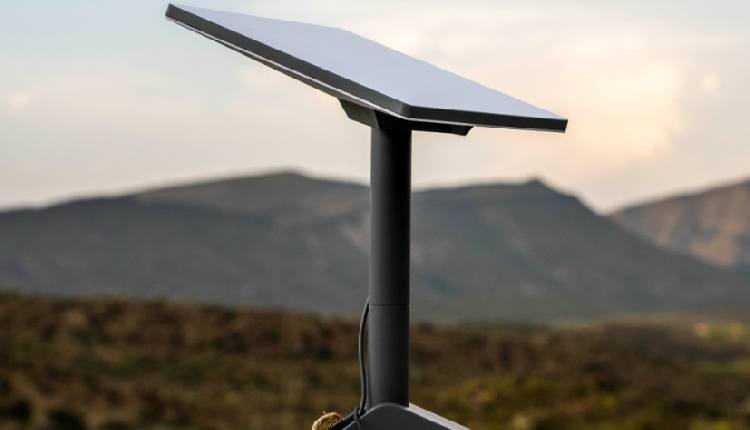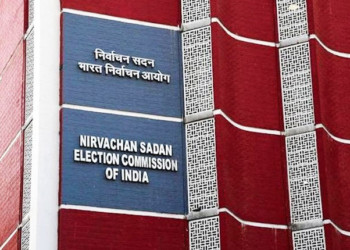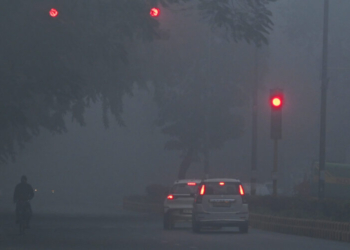New Delhi: Thousands of users of Starlink on Monday experienced internet issues and total outage as billionaire Elon Musk’s satellite internet service is down yet again.
According to outage-tracking website Downdetector, there were nearly 50,000 outage reports by 10:01 a.m.
“Starlink is currently experiencing a service outage. Our team is investigating,” the company said on its website. However, it did not provide any reasons for the outage.
Downdetector reported that 59 per cent of users experienced internet issues, while 40 per cent faced a total blackout, with 1 per cent facing poor reception. The issue affected customers majorly across the US, including Virginia, Louisiana, Indiana, and Washington state. Some users in Colombia also reported losing connectivity.
Some said the service was down for several minutes, and others noted outages lasting more than 20 minutes.
While Musk is yet to share a comment, users took to his social media platform X to complain of the outage.
“Starlink is down again. These outages are getting more frequent,” wrote a user.
“Another Starlink outage AGAIN…. Thought it was mine. Now I see everybody getting problems too,” added another user.
Earlier in July, the internet satellite service faced a global outage for nearly three hours.
On Thursday night, Starlink’s satellite internet service experienced an outage affecting many users worldwide. The issue affected customers across multiple continents, with outage tracking sites showing spikes in North America, Europe, and parts of Asia.
In a post on X, Musk apologised “for the disruption,” and ensured that it “doesn’t happen again”.
Starlink provides internet through a network of satellites orbiting Earth. The company currently operates the world’s largest constellation of satellites, with more than 6,750 in orbit. It has a presence in 150 countries, including India.
Meanwhile, Starlink has already secured the necessary clearances from Indian authorities and been allotted trial bandwidth. The company has also finalised 17 locations for ground stations, which will connect its low-earth orbit satellites with terrestrial fibre and data networks. The launch is expected by the end of 2025.
(IANS)
















